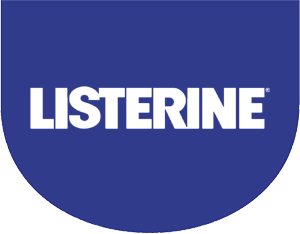The immune system: basis of so much health and disease: 8. antigens and MHC
From Volume 44, Issue 11, December 2017 | Pages 1071-1075
Article
Antigens (immunogens) are substances, usually proteins, that can be recognized by the body as foreign and can elicit an antibody response. Antigens are usually exogenous but may be endogenous (host-derived). An epitope, or antigenic determinant, is the part of an antigen recognized by the immune system, specifically by antibodies, B-cells, or T-cells.
Exogenous antigens are often microbial; bacterial antigens include:
Viral antigens include:
Fungal antigens include:
Endogenous antigens include human tissue antigens, such as:
Super-antigens (SAgs) have the following features:
Haptenes are low molecular weight substances which, though not on their own immunogenic, become immunogenic if coupled to a larger carrier molecule (eg albumin, globulins). Examples of haptenes include chemicals and drugs (eg penicillin, sulphonamides, aspirin, cosmetic, tranquillizers, and neomycin).
The properties of antigens are summarized in Table 1.
The major histocompatibility complex (MHC), also referred to as the human leukocyte antigen (HLA) complex, is a generic name for the gene complex that codes the self antigens important in T-cell recognition of foreign antigens.
Register now to continue reading
Thank you for visiting Dental Update and reading some of our resources. To read more, please register today. You’ll enjoy the following great benefits:
What's included
- Up to 2 free articles per month
- New content available

